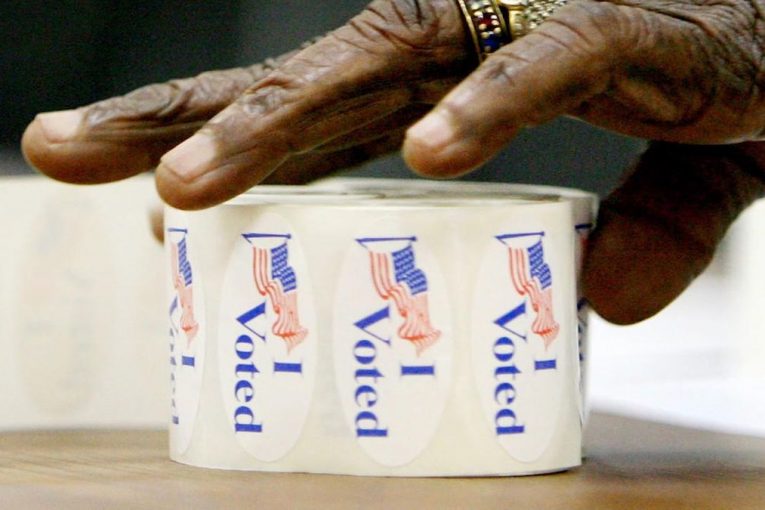
WASHINGTON, DC – The Department of Justice this week released new guidance on voting protections, including guidelines on voter exclusions, as well as removing voters from state voting lists.
The DOJ said these protections are implemented by the federal government to ensure states are in compliance with national standards.
Assistant Attorney General Kristen Clarke of the Justice Department’s Civil Rights Division said, “Ensuring that every eligible voter is able to vote and have that vote counted is a critical aspect of sustaining a robust democracy, and it is a top priority for the Justice Department.”
Clarke added, “As we approach Election Day, it is important that states adhere to all aspects of federal law that safeguard the rights of eligible voters to remain on the active voter lists and to vote free from discrimination and intimidation.”
DOJ, in a statement, explained states must follow federal law and ensure their voter rolls are accurate and current. It outlines essential restrictions imposed by federal regulations on how states can manage their voter registration lists, including that maintenance efforts must be consistent and equitable, and states are prohibited from systematically removing ineligible voters within 90 days leading up to a federal election.
DOJ also listed criteria for removing voters who have changed addresses. These federal protections are applicable whether the state initiates the process or responds to requests from third parties.
The DOJ said its report is being published as a state resource.
One of those key points was section 11(b) of the Voting Rights Act, which states federal law broadly prohibits intimidation, threats and coercion — or attempts to do so — throughout every stage of the voting process, including registering to vote, casting a ballot and counting votes.
Section 2 of the Voting Rights Act states, said DOJ, federal law also prohibits discrimination in voting because of race, color or membership in a minority language group, defined to include American Indian, Asian American, Alaskan Native and Spanish heritage citizens.
Section 208 of the Voting Rights Act, adds DOJ, details protections for voters with disabilities and those unable to read or write, stating federal law guarantees voting assistance in all aspects of the voting process by a person of the voter’s choice subject to only two exceptions barring assistance by the voter’s employer or union.
DOJ emphasized that, under the Americans with Disabilities Act, state and local governments must ensure people with disabilities have a full and equal opportunity to vote.
The final section highlighted in the report from the DOJ was section 203 of the Voting Rights Act in which the fact sheet explains that some jurisdictions, as determined by the Census Bureau, are required to provide all election information that is available in English in the covered minority language.
According to the DOJ report, a website for information on voting and elections was introduced in April.
DOJ reviews Voting Protections for Language Minority Citizens under Section 203 of the Voting Rights Act, state-by-state rules regarding voting after a criminal conviction, the voting rights of members of the armed services and U.S. citizens living overseas, and information related to post-election audits, including the requirements under federal law that state and local election officials “retain and preserve” voting-related records.